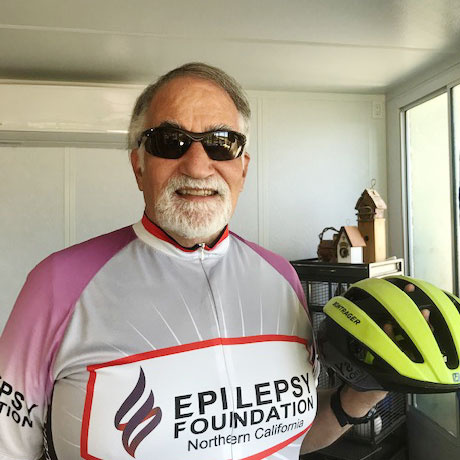
Since I was diagnosed with epilepsy at age 5, I’ve never experienced the range of emotions of shock, rage, fear, sadness that others have upon being diagnosed. It’s always just been part of life. My seizures were generally focal aware (simple partial), but progressed to being focal impaired awareness (complex partial).
As a kid, I was lucky to have a mother who cared about making sure I had medication that worked, but she accepted what the doctor told her at face value and didn’t ask too many questions. Mom never hovered, but always encouraged me to try new challenges. I grew up trying to find the right combination of actions that contained my seizures and let me live a good life: identify my triggers, take my medication, recognize my limitations and try not to be offended by those too ignorant and not willing to learn about epilepsy. If I had break through seizures, my neurologist changed my medications, and I didn’t ask enough questions or push to pursue treatment that could completely control them. I found ways to cope with my diagnosis. I was able to complete my undergraduate and graduate degrees and find employment in my field of study.
When I started having focal-impaired seizures in my late 30’s, I had already taken different combinations of four anti-seizure meds. Over the next four years, my neurologist tried three new drugs with no improvement and extensive side effects. I finally attended a workshop sponsored by the Epilepsy Foundation of Northern California (EFNC) which discussed surgical alternatives. The UCSF epileptologist gave an excellent overview, but the most important thing he told me afterward was, “If you fail two or more anti-seizure drugs, you probably have intractable seizures and need to pursue other methods to find control.” This was something my neurologist had never addressed.
Subsequently, I underwent a battery of tests at UCSF, was found to be a good surgical candidate, underwent a right temporal lobectomy in 1999 and following some initial setbacks and medication changes, have been virtually seizure-free for over 20 years. When I’ve given seizure first aid presentations for EFNC, my message has been if you aren’t getting the results you desire, seek another opinion. Northern California has numerous Comprehensive Epilepsy Centers that can provide extensive testing and treatment. Don’t limit yourself to coping. Seek answers, and don’t be afraid to ask the hard questions.
